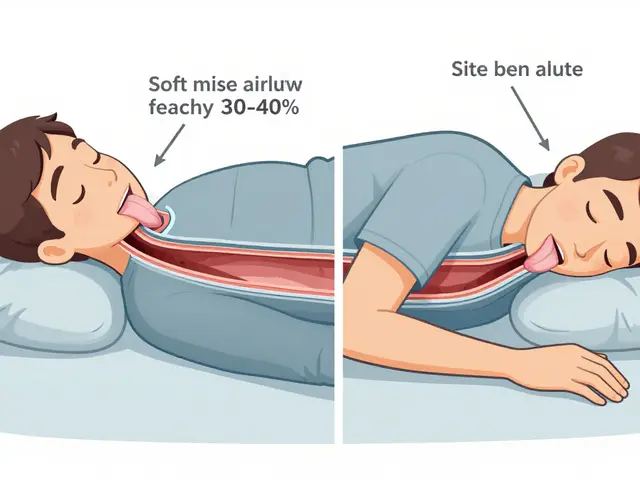Fever: What to do right now
Got a fever and not sure what to do? Fever itself is a symptom, not a disease. It’s your body raising temperature to fight infection. Most fevers are manageable at home, but some signs mean you need medical care fast. This short guide walks you through practical steps, safe medicines, and clear warning signs.
Simple checks and home care
First, measure the temperature with a reliable thermometer. For adults, 38°C (100.4°F) usually counts as a fever. For babies under 3 months, any fever over 38°C needs urgent medical attention. Offer plenty of fluids—water, oral rehydration solution, or clear broth. Keep clothing light and the room comfortable; don’t bundle a sweaty person. Tepid sponge baths can help if someone is very uncomfortable, but skip ice baths and alcohol rubs—they can cause harm.
Use antipyretics mainly to relieve discomfort, not just to lower the number on the thermometer. If the person is miserable, give acetaminophen (paracetamol) or ibuprofen following safe doses below. If they feel okay and are drinking and behaving normally, you can often let the fever run its course.
Safe dosing and key warnings
Adult dosing (general guidance):
- Acetaminophen: 500–1,000 mg every 4–6 hours as needed. Don’t exceed 3,000 mg/day without doctor advice.
- Ibuprofen (if no stomach issues or kidney disease): 200–400 mg every 4–6 hours as needed. OTC max 1,200 mg/day; higher doses need medical supervision.
Children’s dosing is weight-based—don’t guess. Typical guidance:
- Acetaminophen: 10–15 mg/kg per dose every 4–6 hours (check the label).
- Ibuprofen (over 6 months): 5–10 mg/kg per dose every 6–8 hours.
Always use the measuring device that comes with the medicine. If you’re unsure, call your pharmacist or doctor before giving anything to a child.
Red flags—call a doctor or go to emergency care if you see any of these:
- Baby under 3 months with fever ≥38°C (100.4°F)
- Difficulty breathing, blue lips, severe chest pain
- Severe dehydration (very dry mouth, low urine, no tears)
- Confusion, severe headache, stiff neck, new rash that doesn’t fade when pressed
- Seizure or repeated vomiting
Thinking of buying fever medicines online? Pick reputable pharmacies, check active ingredients (acetaminophen = paracetamol/Tylenol), confirm pediatric formulations for kids, and avoid unfamiliar foreign brands if you can’t verify them. When in doubt, ask a pharmacist for brand and dose recommendations.
Fever is usually temporary. Keep fluids flowing, treat symptoms for comfort, and watch for warning signs. If anything feels off or the fever lasts more than 48–72 hours despite treatment, contact your healthcare provider.





